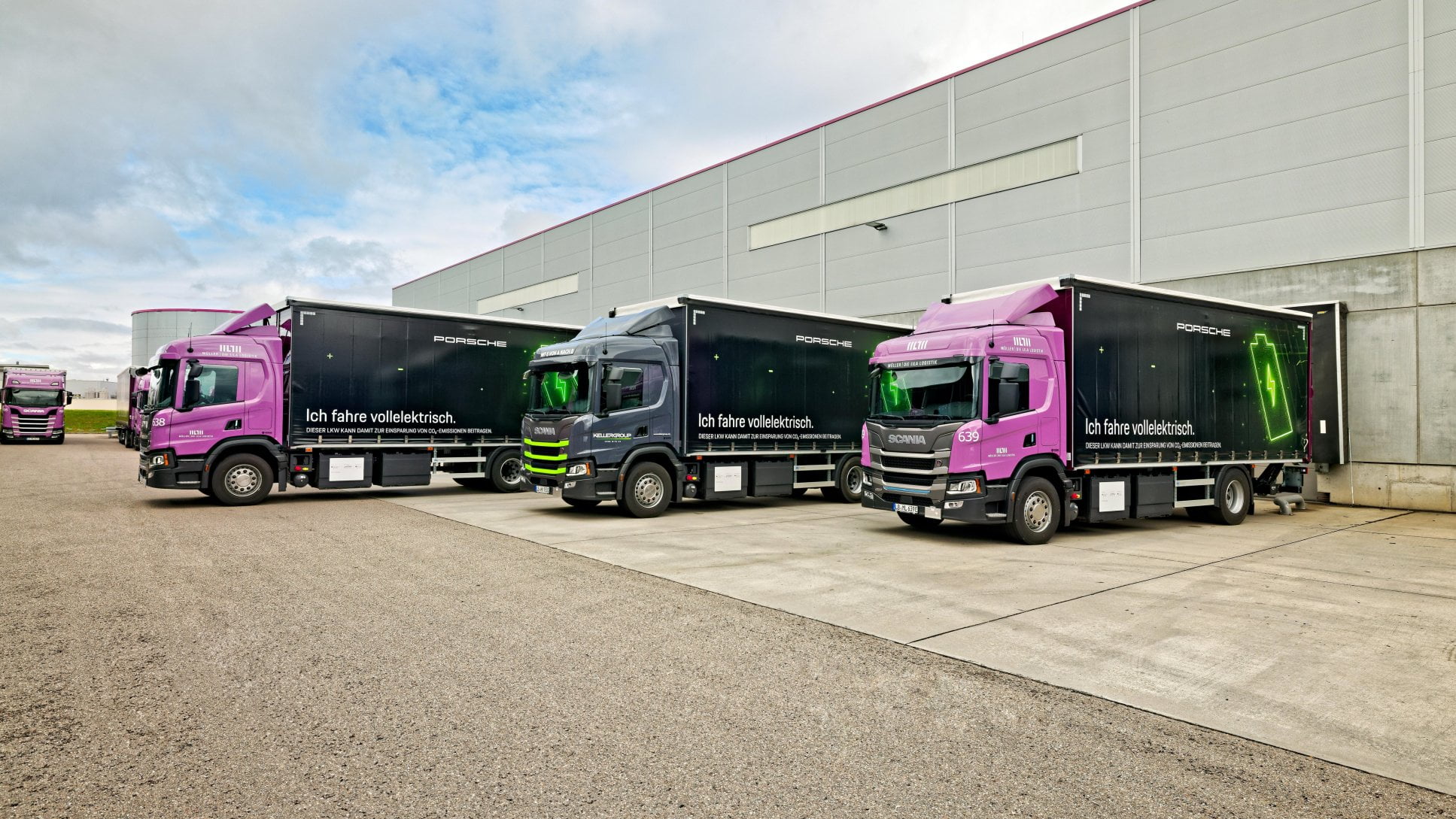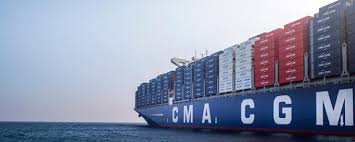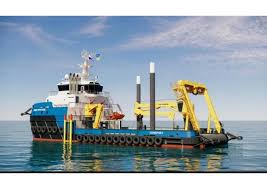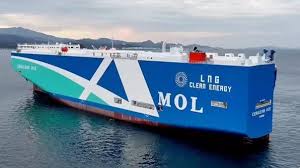Porsche reinforces its commitment to sustainability by integrating six new electric HGVs into its logistics fleet.

Porsche is intensifying its adoption of alternative drives in its transport logistics, particularly with the introduction of six new electric heavy goods vehicles (HGVs) at its Zuffenhausen, Weissach, and Leipzig facilities. These electric vehicles join the existing fleet of 22 biogas-powered HGVs, with one electric HGV dedicated to delivering vehicles to Switzerland from the Zuffenhausen plant.
Additionally, Porsche is conducting a multi-year trial using synthetic fuels (HVO100) in twelve HGVs around the Zuffenhausen plant under the scientific supervision of the Karlsruhe Institute of Technology (KIT).
Albrecht Reimold, Member of the Executive Board for Production and Logistics at Porsche AG, emphasises the company’s commitment to decarbonization as a core aspect of its sustainability strategy.
The integration of electric HGVs complements Porsche’s existing fleet powered by biogas, with logistics partners committed to operating these vehicles using green electricity. Furthermore, Porsche’s trial of synthetic diesel fuels since 2020 has shown promising results, with more than one million kilometers covered, resulting in over 800 tons of CO2 savings.
Porsche’s holistic approach to decarbonization in transport logistics encompasses rail transport, particularly for parts supply and vehicle exports. This initiative aligns with Porsche’s broader commitment to achieving CO2-neutral vehicle production across its Zuffenhausen and Leipzig sites since 2020, powered by renewable energy sources.











